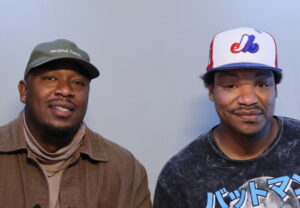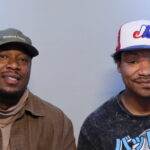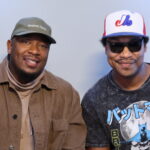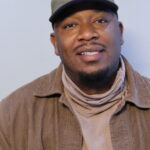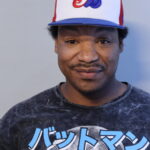Description
Friends Michael Woods (36) and Lonnie Halkmon (38) have a conversation about their youth, spreading love, and their work at Dream Builders 4 Equity.Subject Log / Time Code
Michael Woods (MW) shares one of his memories from growing up playing basketball.
Lonnie Halkmon (LH) shares a life lesson he's learned about moving forward.
LH asks MW what he wanted to be when he grew up.
MW asks LH how he'd like to be remembered.
MW and LH talk about their regrets.
MW and LH share their favorite things about Dream Builders 4 Equity.
MW talks about the challenge of running an organization of this size.
LH talks about the importance of mental health and reflects on his father's suicide.
MW and LH talk about what their futures hold.
Participants
- Michael Woods
- Lonnie Halkmon
